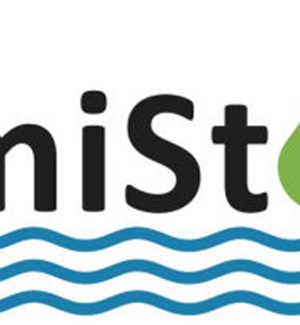Removal of microplastics from the environment using autochthonous wastewater-derived microbial consortia: Microplastics are tiny but they are one of the biggest sources of permanent pollution for the environment. This causes an urgent need for sustainable, inexpensive biobased microplastics removal strategies. To this aim, the EU-funded REMIPLASWAS project introduces the deployment of microbial autochthonous consortia as an environmentally friendly approach for the disposition of microplastics in wastewaters. The project tries to make the most out of the ability of microorganisms to transform organic matter and extract pollutants through a chain of different catabolic reactions energised by the induction of non-stereoselective enzymes. The overall objectives of this project are to: (1) characterize MPs in wastewater, (2) isolate autochthonous consortium of MPs (PET) degraders in a short term enrichment experiment, study the microbial communities participating in MPs removal and identification of key genes in the catabolic process, (3) select a microbial consortium with the ability to remove MPs and study of the fate of MPs in batch experiments, (4) scale-up the process into a bench-scale bioreactor to develop a bioaugmentation technology with a microbial native consortium based on their ability to degrade MPs, (5) assess the toxicity of the resulting effluent after MPs process, (6) verify the implementation and validate the design of the bioreactor, calculating the effectiveness of the equipment through a predictive model
Want to analyze based on this project via our analysis tool? Analyze this project
Knowledge Gaps
Degradation
Environmental fate and behavior of plastic
Environmental effects and ecotoxicity
Characteristics of plastic-general
Human toxicity




